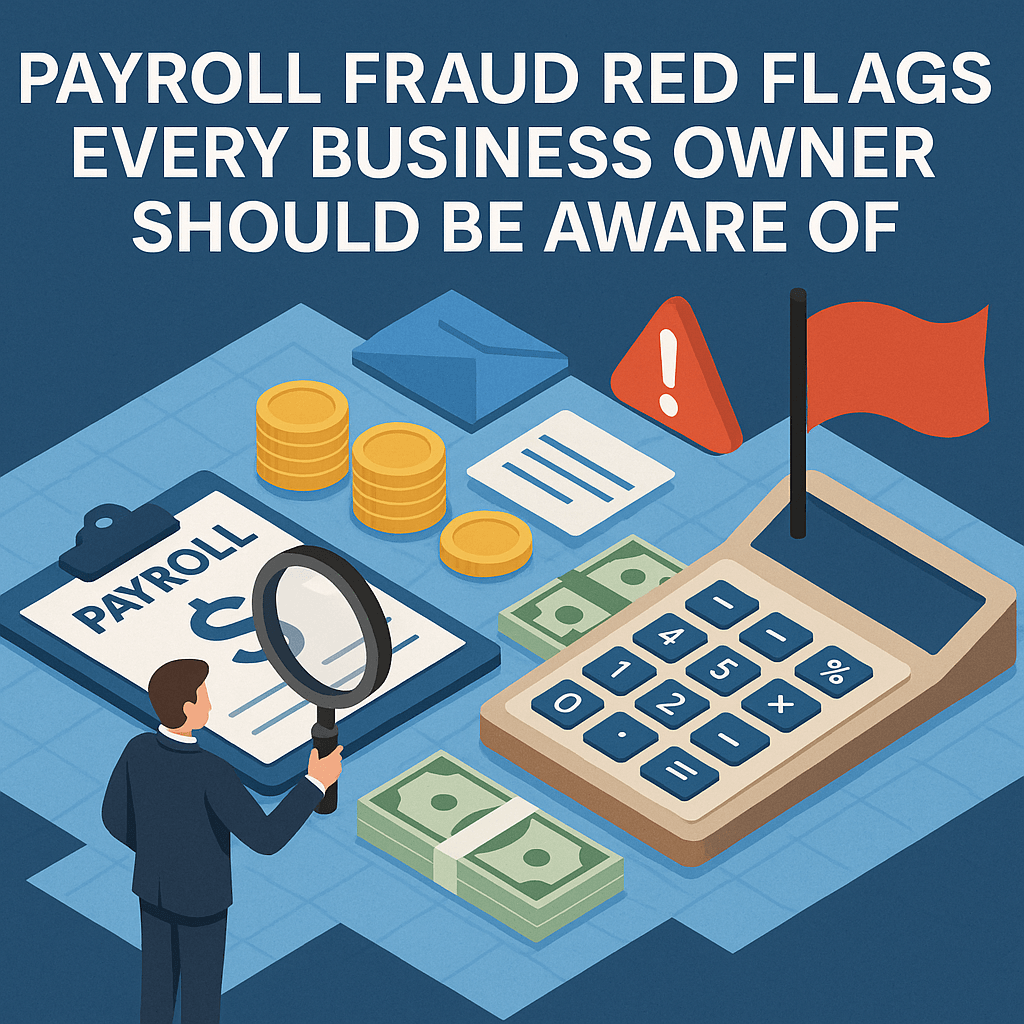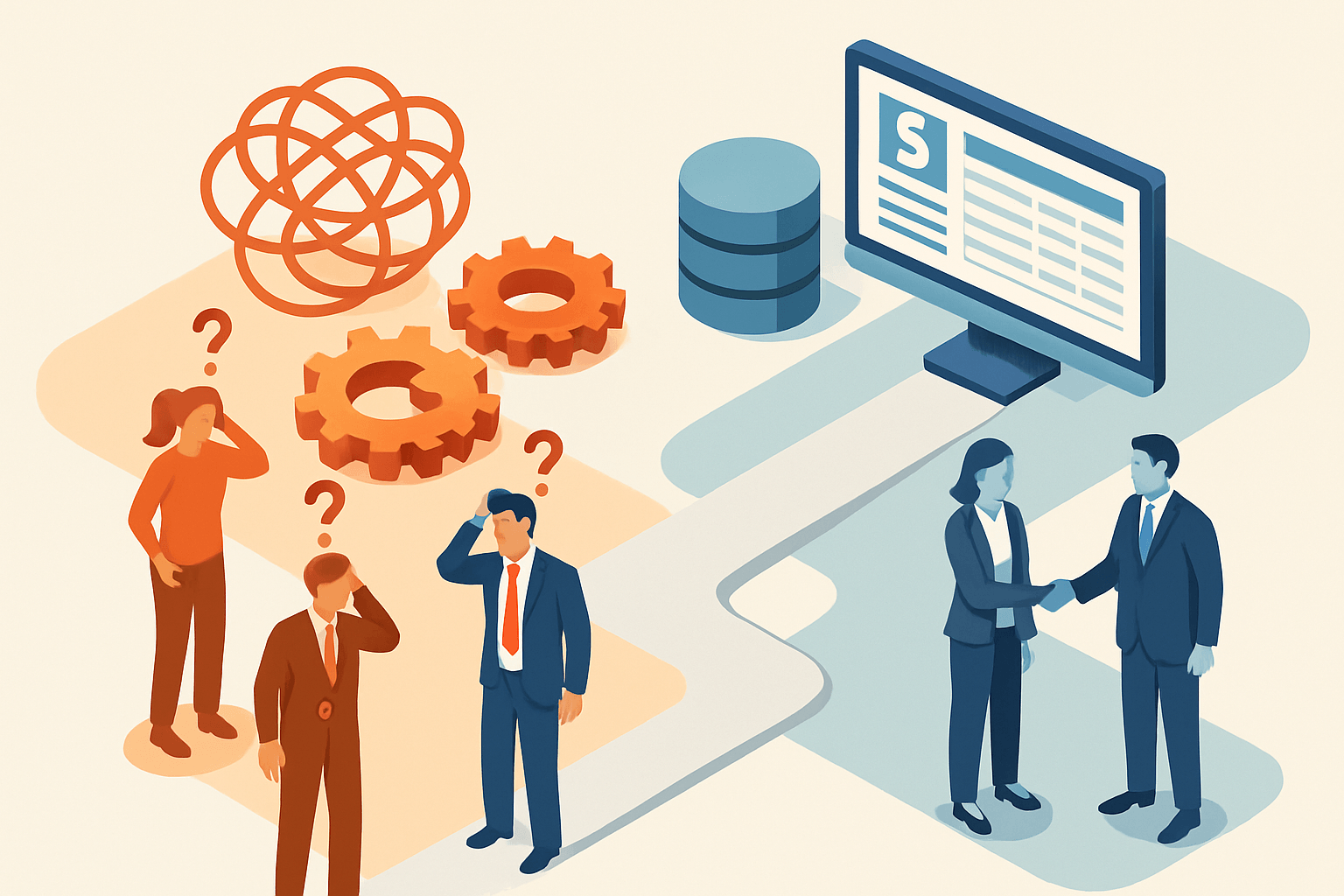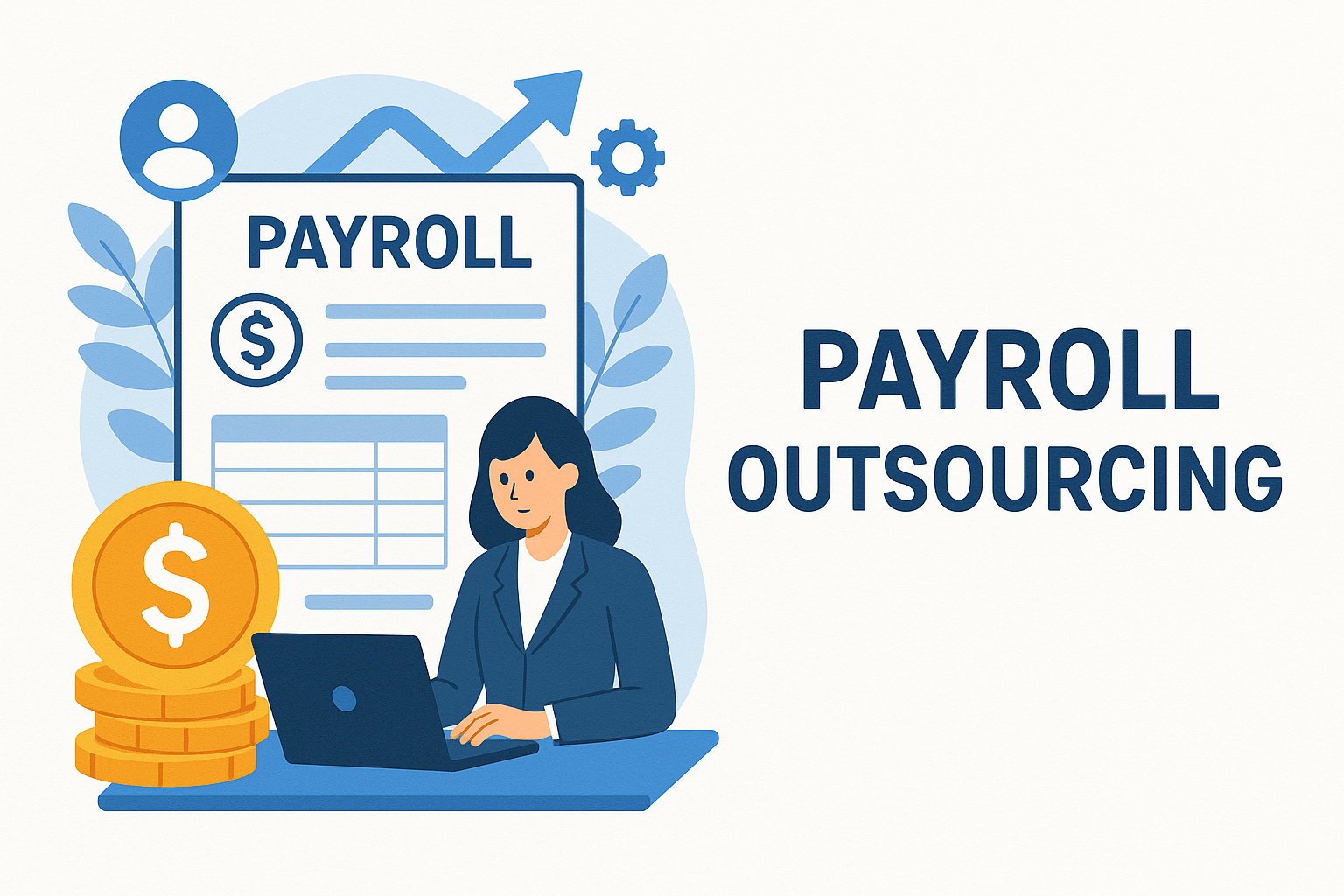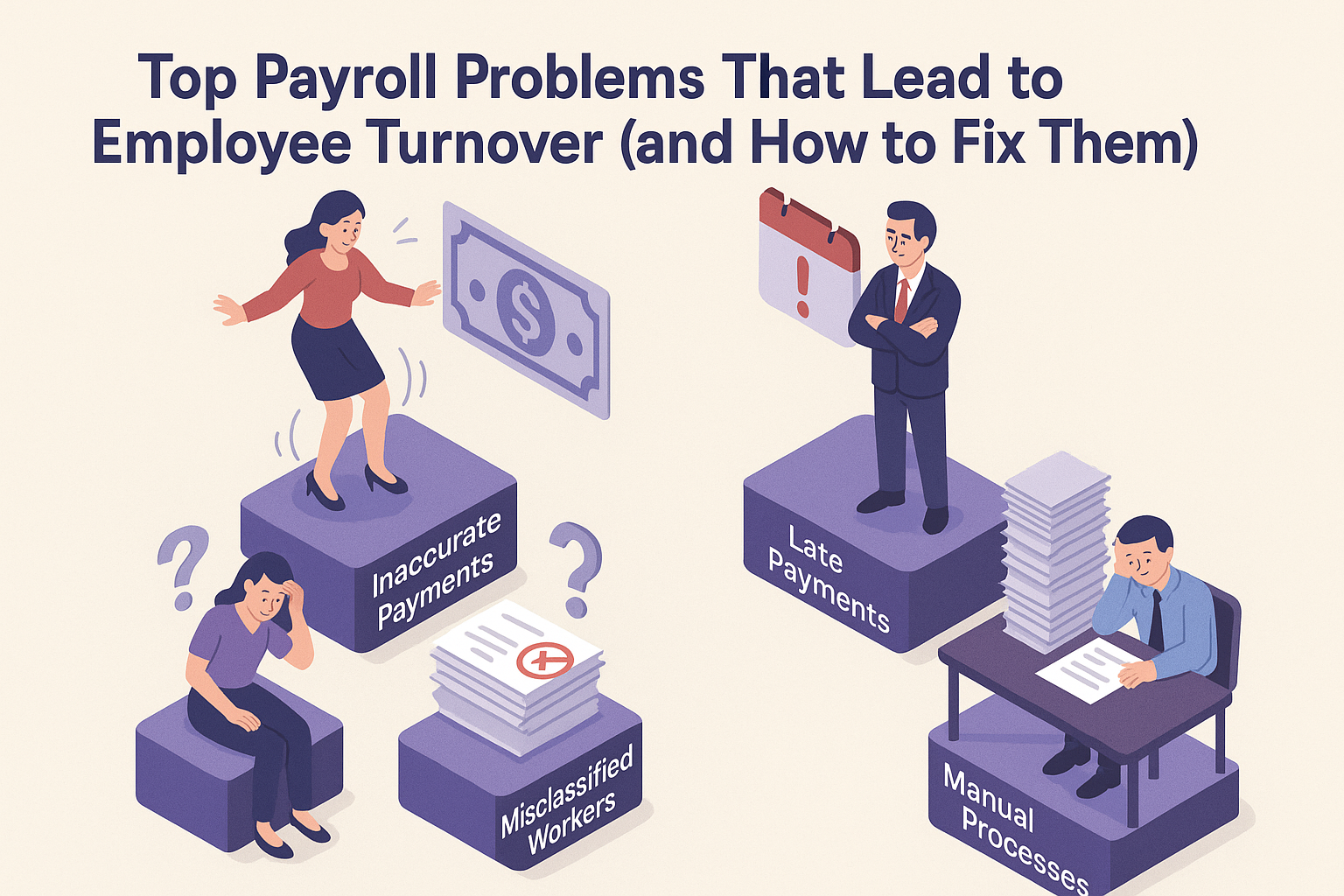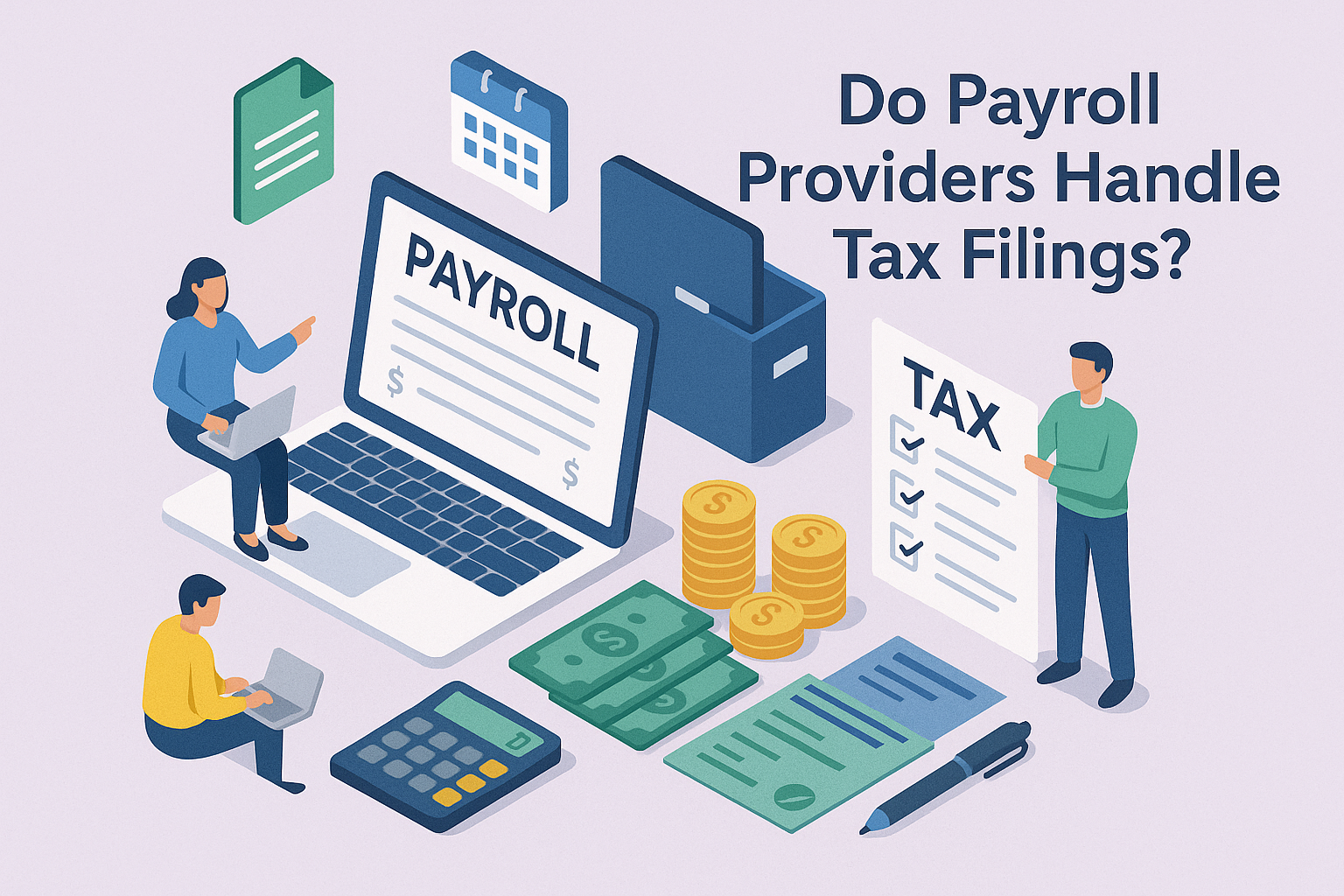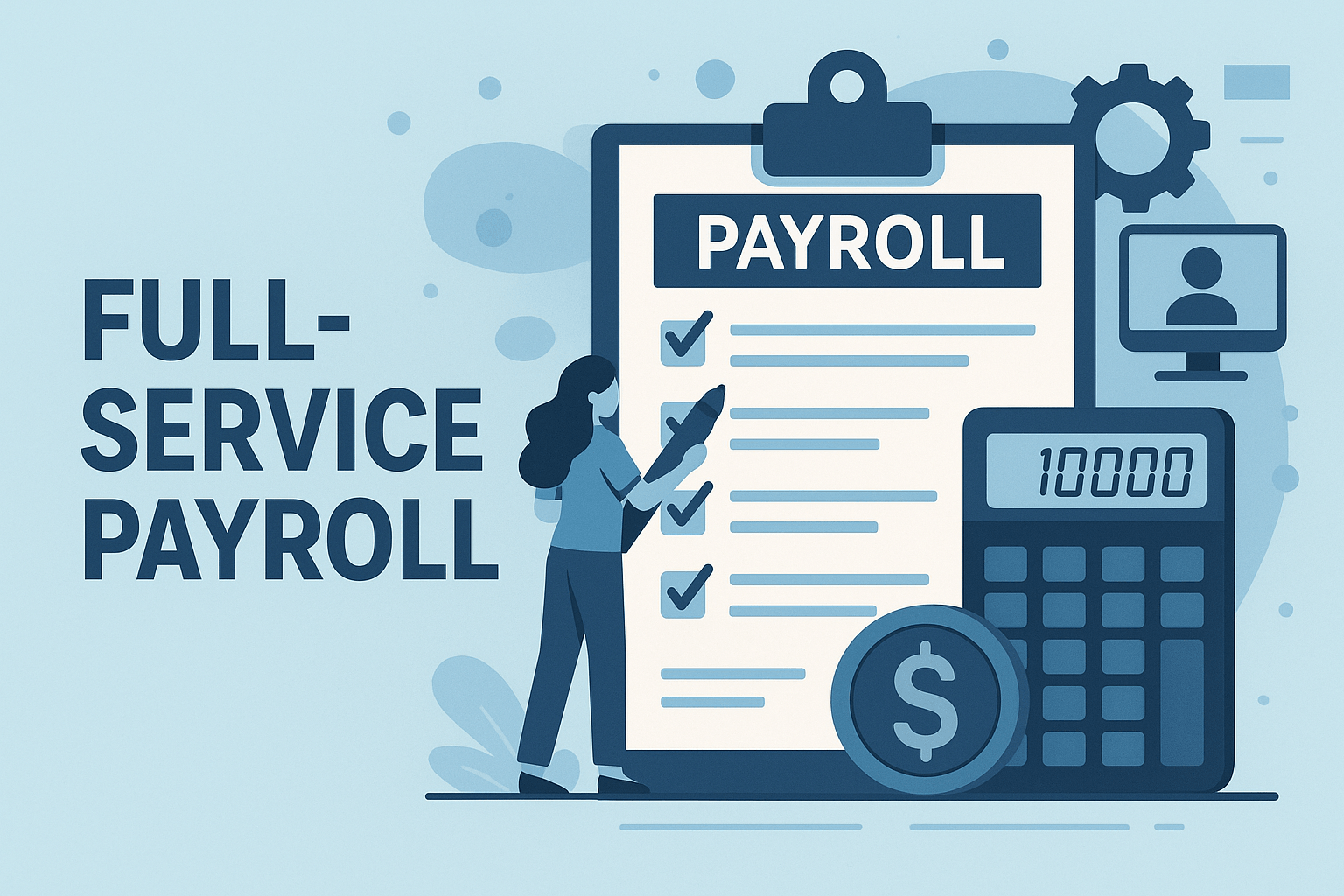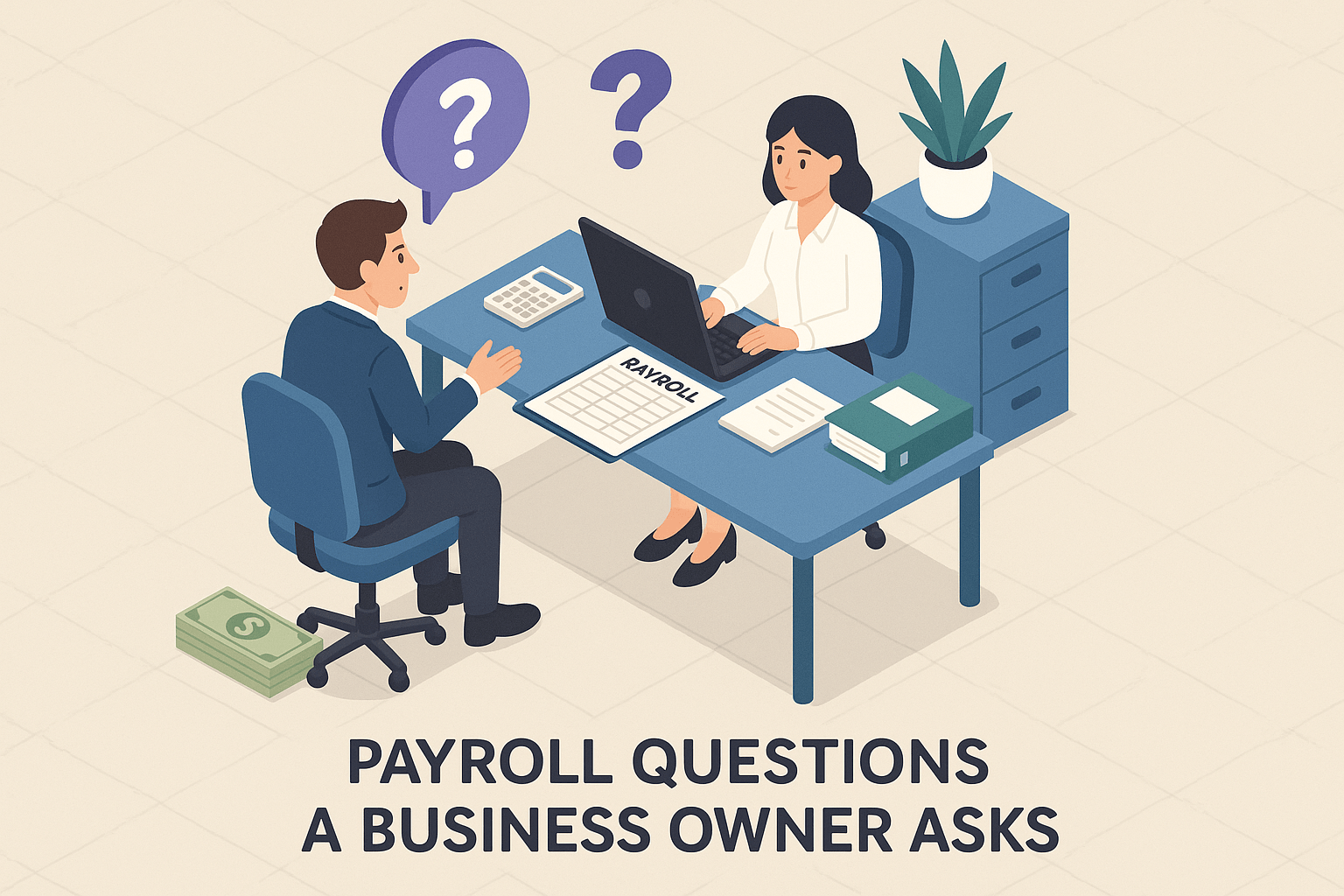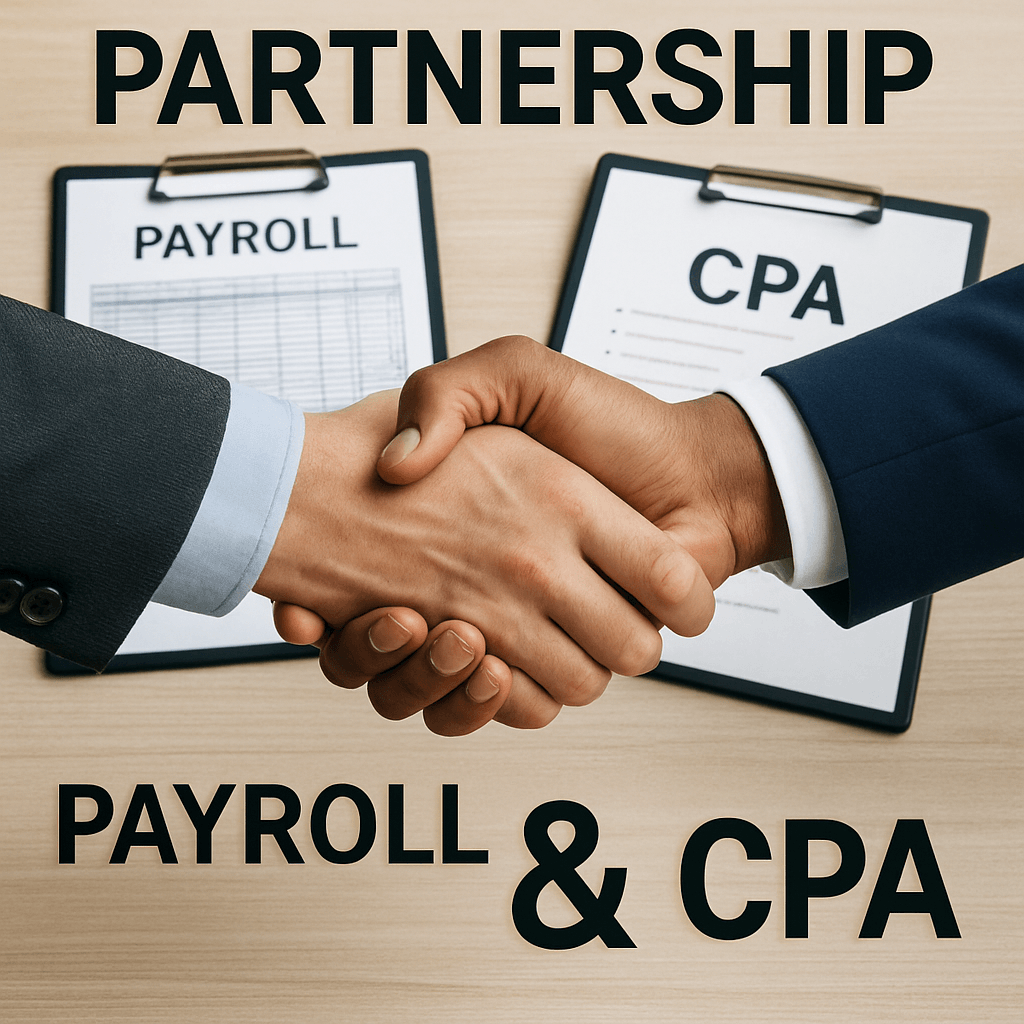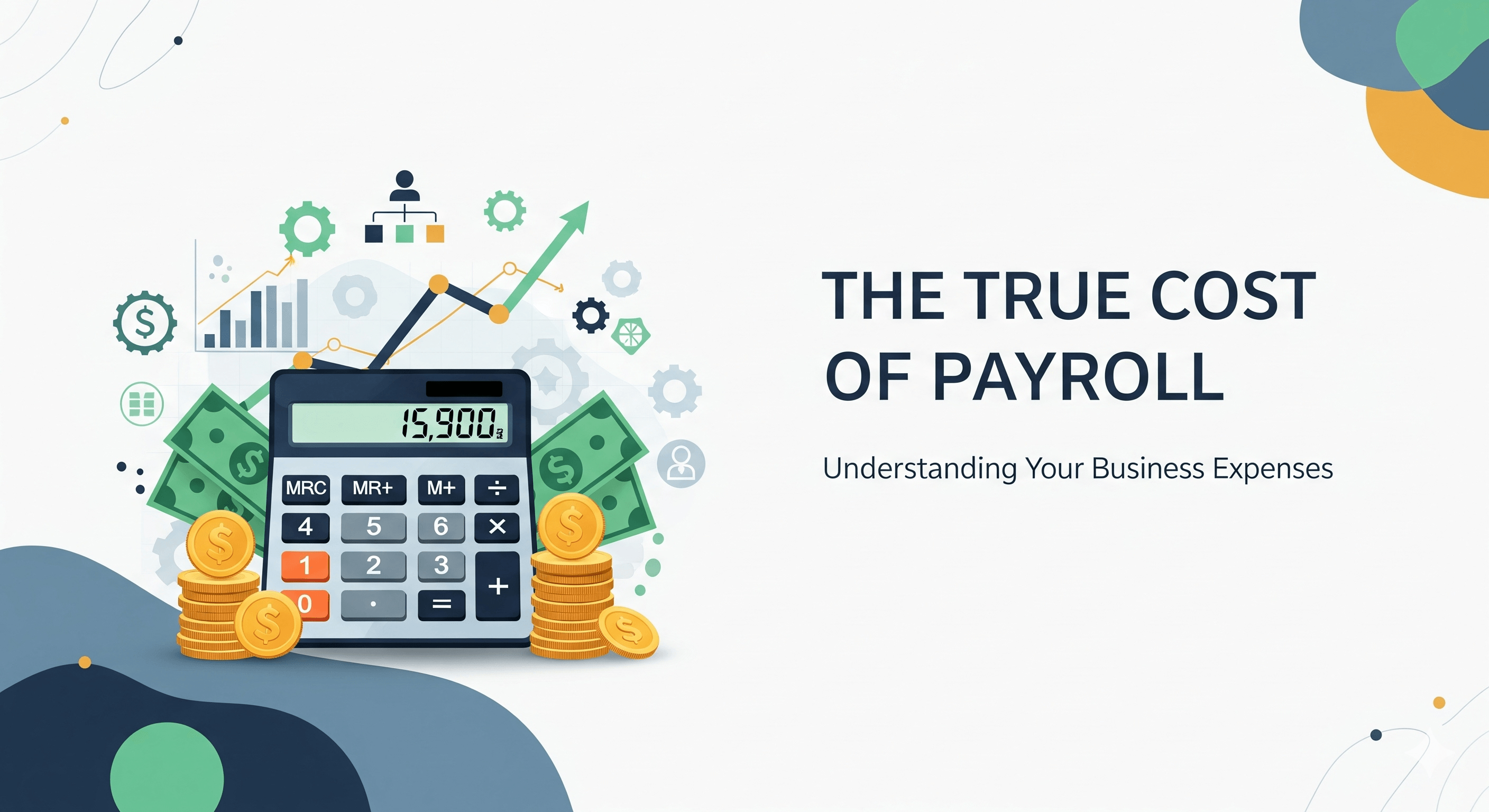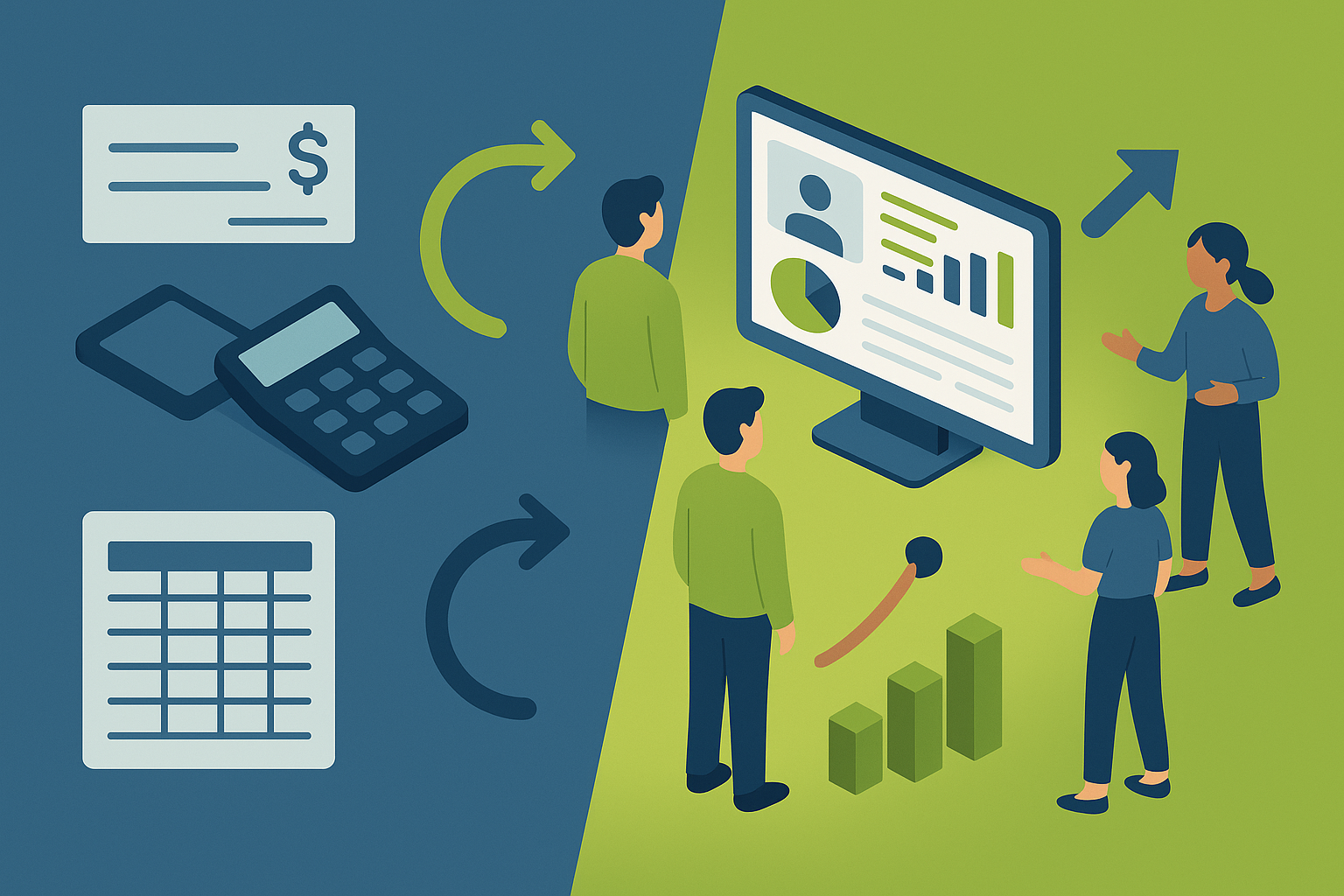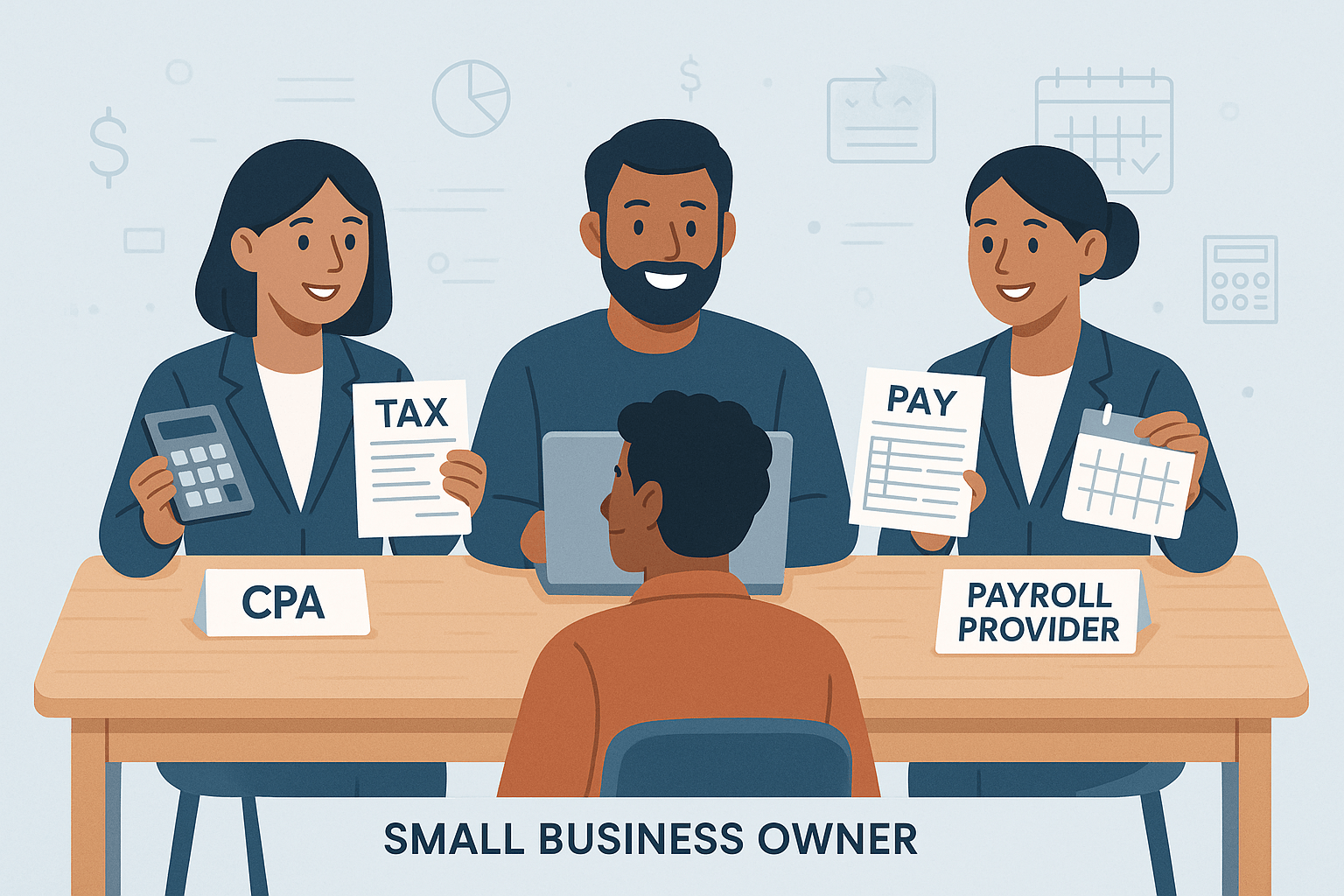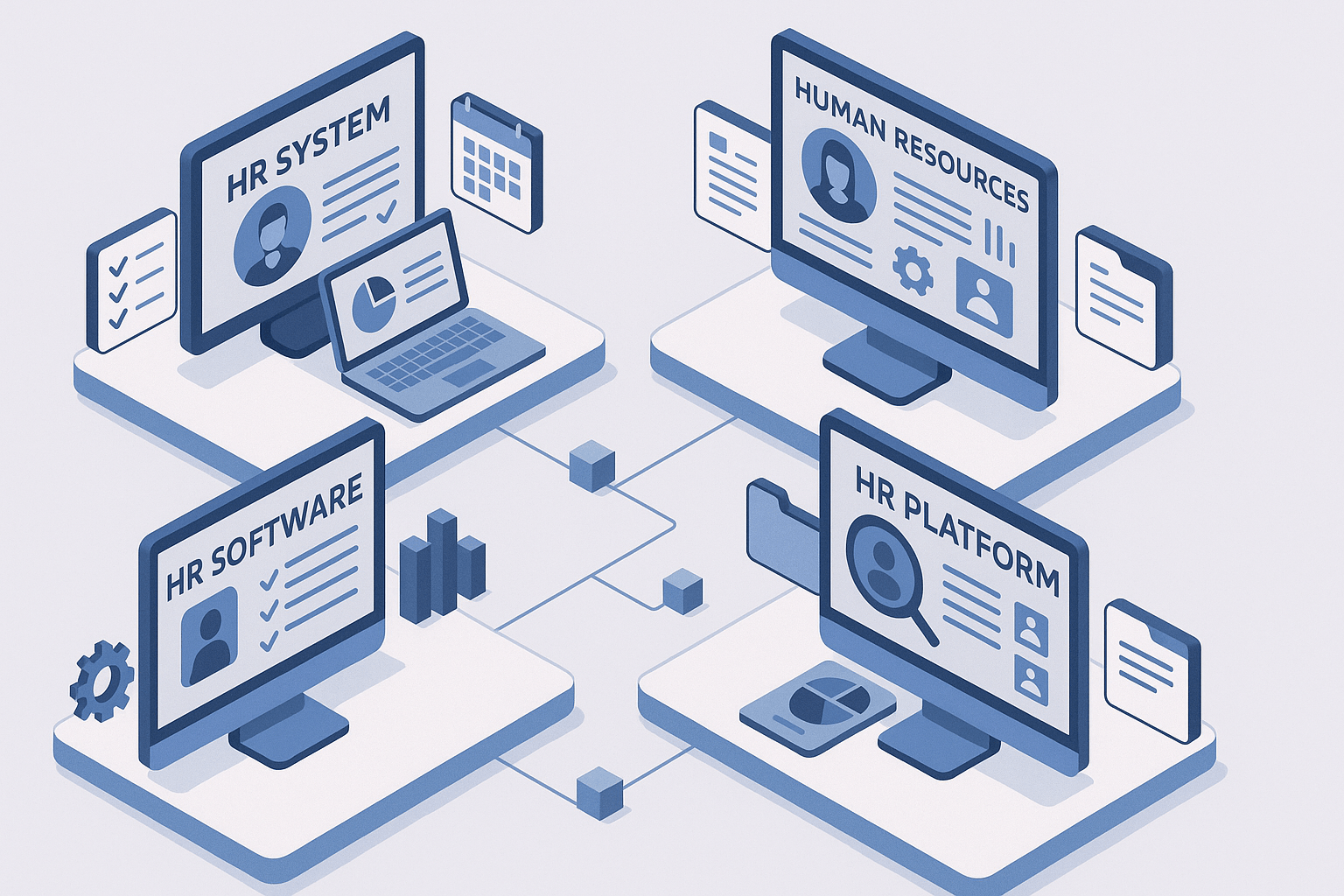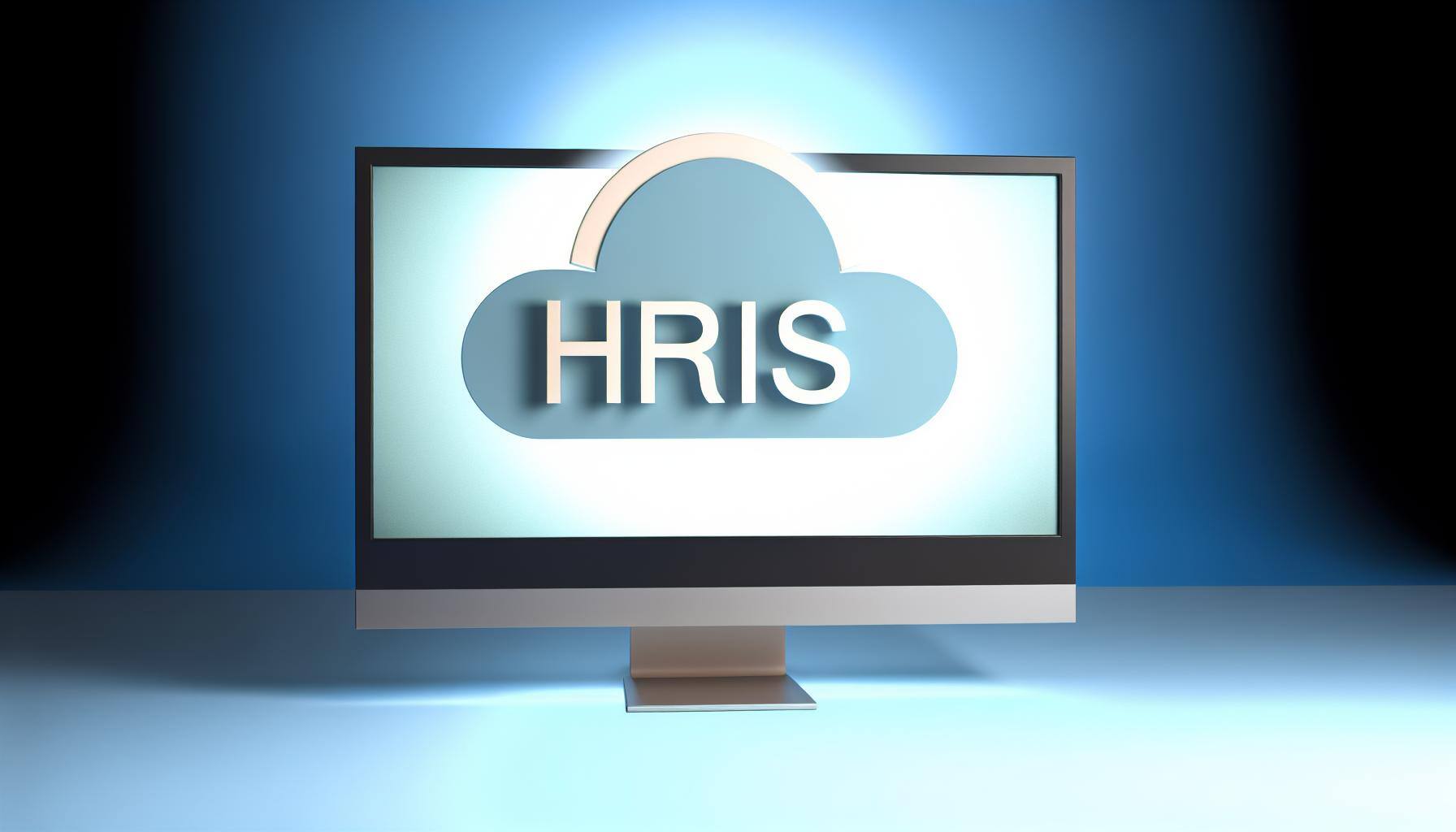
Feeling overwhelmed by the thought of managing payroll, employee data, and HR tasks for your small business? You’re not alone. Many small business owners face the same challenge—balancing all these moving parts while trying to foster a great work culture. At Lift HCM, we’ve guided countless businesses through this process, and we know how choosing the right HRIS (Human Resource Information System) can make handling all things HR feel less like a chore and more like a breeze.
Let’s break it down together and ensure you’re equipped with everything you need to pick the right system for your business!
Table of Contents
- First Things First: What is an HRIS?
- Budgeting for an HRIS: How to Get the Features You Need Without Breaking the Bank
- Employee Self-Service: Empowering Your Team and Saving You Time
- Using Analytics and Reporting in Your HRIS to Uncover Key Business Insights
- Integration: Making All Your Software Work Together Smoothly
- AI Tools: The Future of HR is Just Around the Corner
- Scalability: Will Your HRIS Grow with You?
- How to Make Sure the Product Demo Meets Your Needs
- Choosing an HRIS Isn’t Rocket Science—But It’s Close!
First Things First: What is an HRIS?
A Human Resources Information System (HRIS) is a software solution designed to manage and automate various HR processes within an organization. It serves as a centralized database that collects, stores, and processes employee information, facilitating efficient data management and decision-making. An HRIS typically includes features for employee data management, payroll processing, benefits administration, time and attendance tracking, and reporting and analytics. By automating these tasks, an HRIS helps HR professionals save time on administrative duties, allowing them to focus on strategic initiatives. Additionally, modern HRIS platforms are often cloud-based, enhancing accessibility and ease of updates.
1. Budgeting for an HRIS: How to Get the Features You Need Without Breaking the Bank
Let’s kick things off with something everyone understands: money. Picture this—you’re shopping for a new car. You want all the cool features but still need to stay within budget. Choosing an HRIS for your small business is much the same. You’re looking for a system that has the features you need without unnecessary extras that blow your budget.
Most HRIS vendors (fancy word for companies that sell these systems) offer subscription-based plans, similar to your favorite streaming service. You’ll pay a monthly fee based on the number of employees and the features you need. But just like you wouldn’t buy a car with Bluetooth-powered shoe warmers unless you really need it, you shouldn’t pay for features your business won’t use.
💡 Pro Tip: For small businesses, focus on an HRIS that can handle the basics like payroll, time tracking, and document storage. These are the tools that will give you the most value without unnecessary complexity. Think of it like buying a pair of sneakers—they should be comfortable, practical, and durable without any flashy, over-the-top features you don’t need.
2. Employee Self-Service: Empowering Your Team and Saving You Time
Let’s talk about time—specifically, how you’d rather spend yours growing your business instead of managing tedious HR tasks. Ever lost an hour searching for an old spreadsheet or responding to an employee asking for their pay stub? Annoying, right?
This chart compares basic features like payroll, time tracking, and document storage with advanced features such as analytics and AI tools.

An HRIS with employee self-service tools solves this problem by giving everyone their own “locker” to access and manage their HR-related tasks. Whether it’s updating personal information, checking their PTO balance, or downloading pay stubs, your employees can handle these things on their own. This gives you more time to focus on the big picture.
Better yet, if the self-service features are mobile-friendly, employees can handle their HR stuff from anywhere—like checking their PTO while standing in line at the coffee shop. Now, that’s efficiency!
3. Using Analytics and Reporting in Your HRIS to Uncover Key Business Insights
Time to put on your detective hat! While Sherlock Holmes solved mysteries in foggy London, you’ll be solving the puzzle of “Where Did All Our Money Go?” with the help of analytics and reporting features in your HRIS.
Small businesses need to see what’s happening behind the scenes, and a good HRIS provides insights into staffing costs, employee turnover, and even why certain departments are constantly short-staffed. Think of it like solving a jigsaw puzzle—without all the pieces, you’re working blind. But with a data-driven HRIS, you’ll have the full picture, allowing you to make better business decisions.
💡 Remember: Data is power. With robust analytics, you can find and fix bottlenecks before they become big problems, helping your business run smoother and smarter.
4. Integration: Making All Your Software Work Together Smoothly
Imagine you’re playing your favorite playlist, but every time you switch a song, it triggers an ad or something goes wrong. Frustrating, right? That’s what it feels like when your HRIS doesn’t integrate well with your other systems.
It’s crucial to choose an HRIS that “talks” to your other software, like payroll, customer relationship management (CRM), and even your email platform. Integration is key to making everything work smoothly and avoiding data silos that slow down your operations.
Some HRIS platforms come with open APIs (application programming interfaces), which are like bridges connecting systems. Even better, some have pre-built integrations, making it easy for your business software to play nice together without needing extra IT help.
5. AI Tools: The Future of HR is Just Around the Corner
Okay, let’s talk about AI. No, robots aren’t taking over just yet—but AI is certainly creeping into the HR world. Some HRIS systems offer AI tools that can help write job descriptions, process performance reviews, or even answer routine employee questions.
While AI in HRIS is still a work in progress, it’s worth keeping an eye on. Imagine a chatbot that answers employee queries or helps managers with performance evaluations. AI won’t take over your HR anytime soon, but it’s already making tasks easier and more efficient.
6. Scalability: Will Your HRIS Grow with You?
Remember that car you bought when you were just starting out? Fast forward a few years, and it barely fits your growing family’s needs. Businesses grow, too, and they need tools that can keep up. That’s why scalability is key.
You need an HRIS that can grow alongside your business. Today, you might have a team of 10, but in a few years, you could have 50. A scalable HRIS can handle more employees, more data, and more complex HR needs as your business expands. Choose a system that won’t hold you back and can keep pace with your growth.
7. How to Make Sure the Product Demo Meets Your Needs
Finally, let’s talk product demos. Think of a demo as a test drive for your HRIS. But here’s a tip: Don’t let the vendor control the test drive. If they give you a generic, stock demo, it’s like letting someone else choose the toppings on your pizza—you might end up with pineapple when you wanted pepperoni.
Instead, make sure the demo addresses your business’s specific needs. Lay out common tasks, like processing payroll or onboarding new employees, and see how the system handles them. Invite a mix of people, both tech-savvy and non-tech folks, to get a full picture of how it works from all perspectives.
Choosing an HRIS Isn’t Rocket Science—But It’s Close!
Let’s be honest—choosing an HRIS for your small business isn’t the most thrilling task. But you’ve already taken the first step by learning what to look for. From budgeting smartly to ensuring seamless integration, you now have the knowledge to make an informed decision.
At Lift HCM, we pride ourselves on helping businesses like yours choose the perfect HRIS, saving you time and headaches while setting you up for success. Whether it's picking the right HRIS or the perfect vehicle, it all comes down to finding the right fit.
Ready to find the HRIS that’s right for you? Lift HCM is here to help every step of the way.
Please note that this article does not cover all possible scenarios, and any discussions or viewpoints should not be considered legal advice. Readers are advised to consult with legal professionals for specific legal guidance.
.jpg?width=278&height=185&name=composition-with-book-light-bulb(1).jpg) If you are not yet ready to speak with a team member, you may find these resources helpful:
If you are not yet ready to speak with a team member, you may find these resources helpful:
- Payroll Taxes in Illinois - What Business Owners Need to Know
- Best Payroll Services for Small Businesses in 2024
- Top 12 Features to Look for in Payroll Software
Jim Kapolas is the President and Owner of Lift HCM, where he drives the company's mission to provide top-tier payroll and Human Capital Management services. He co-founded Payville USA, now Lift HCM, building it into a leading independent processor in the Midwest. Prior to this, Jim co-founded Related Payroll Service (RPS), growing it to be the 9th largest processor in the U.S. Jim's leadership ensures compliance and exceptional client service delivery.
Topics:


.png?width=1536&height=1024&name=Create%20a%20background%20that%20reads%2c%20How%20Long%20to%20Keep%20P%20(1).png)



